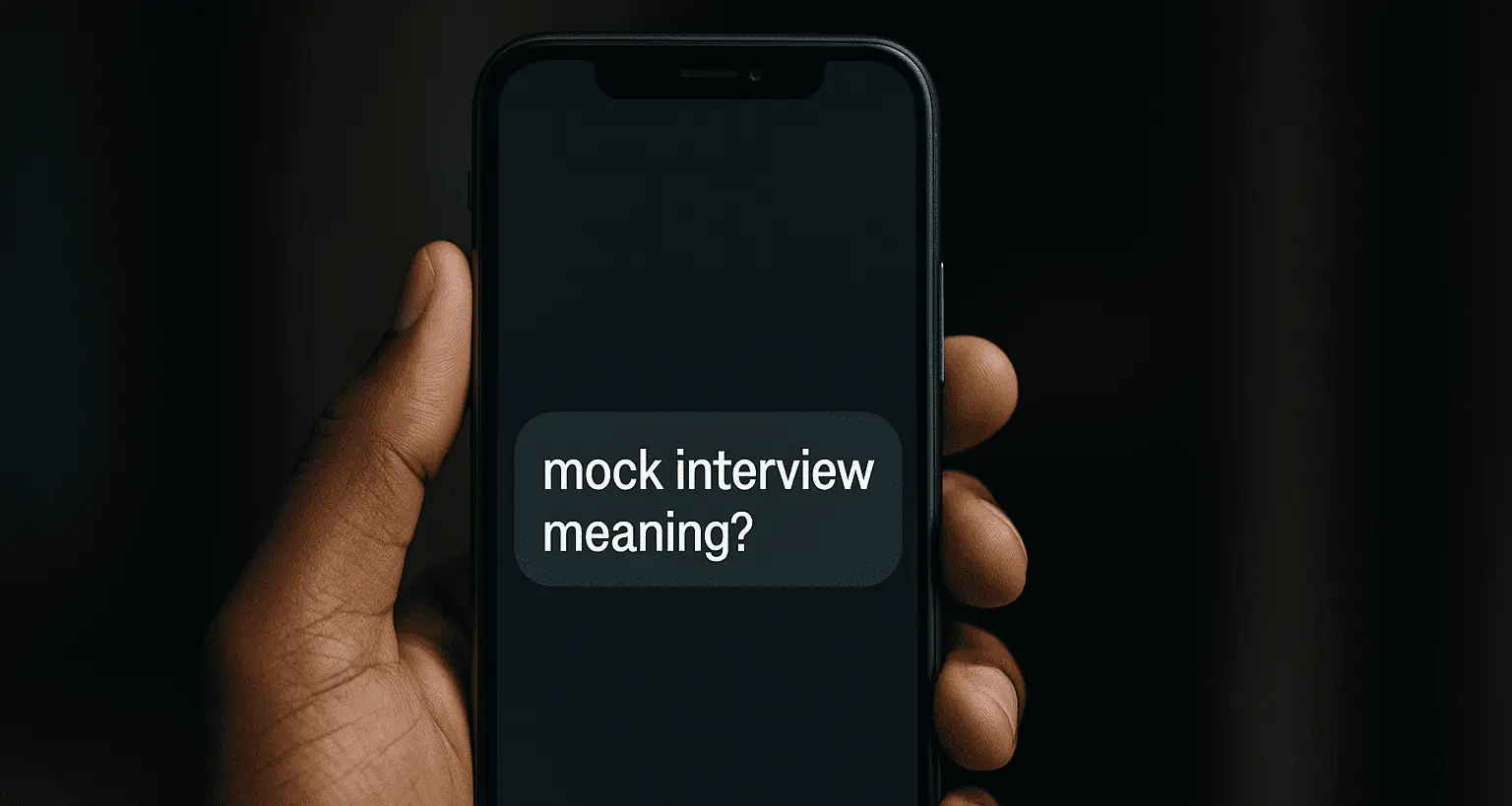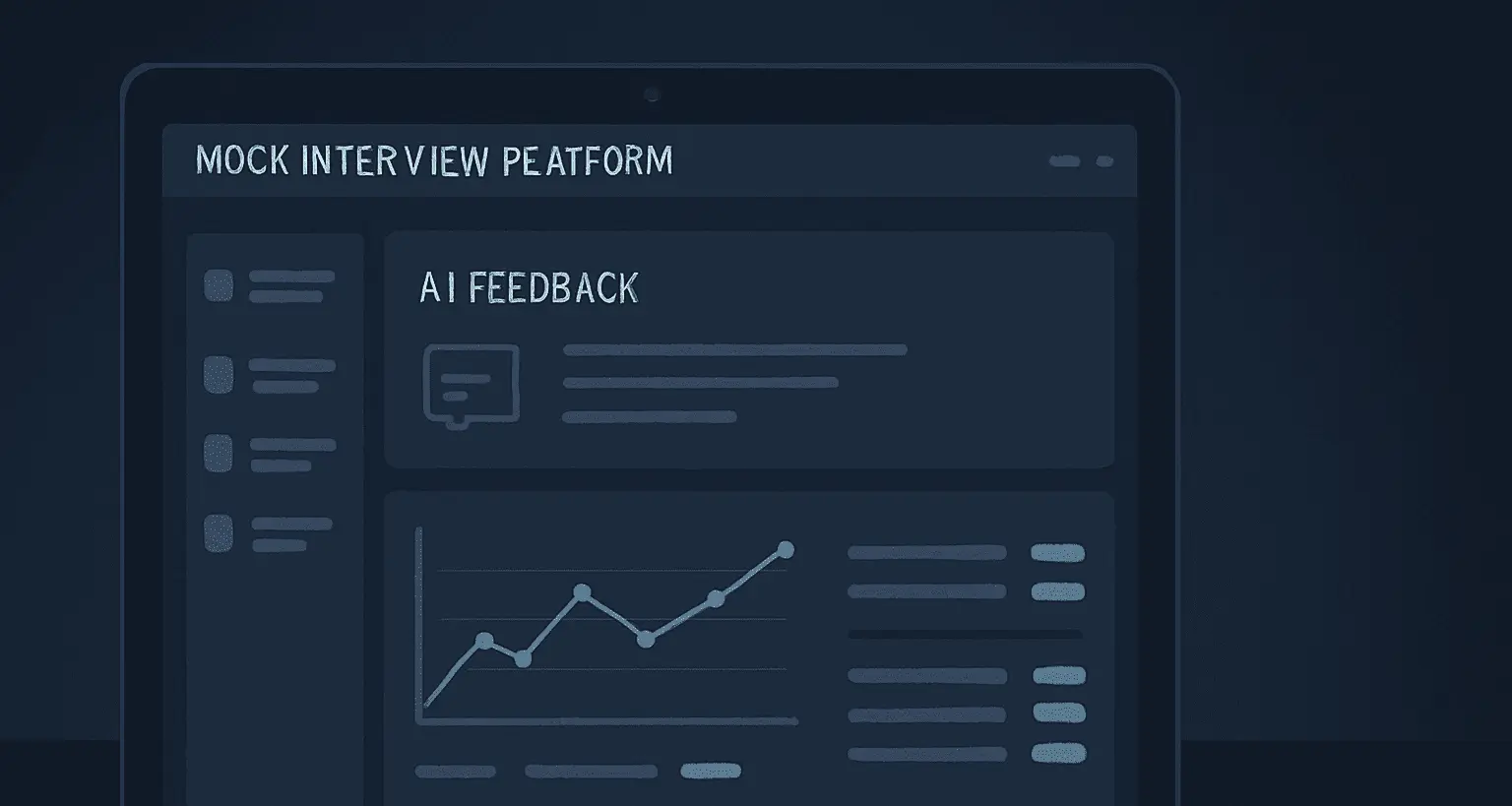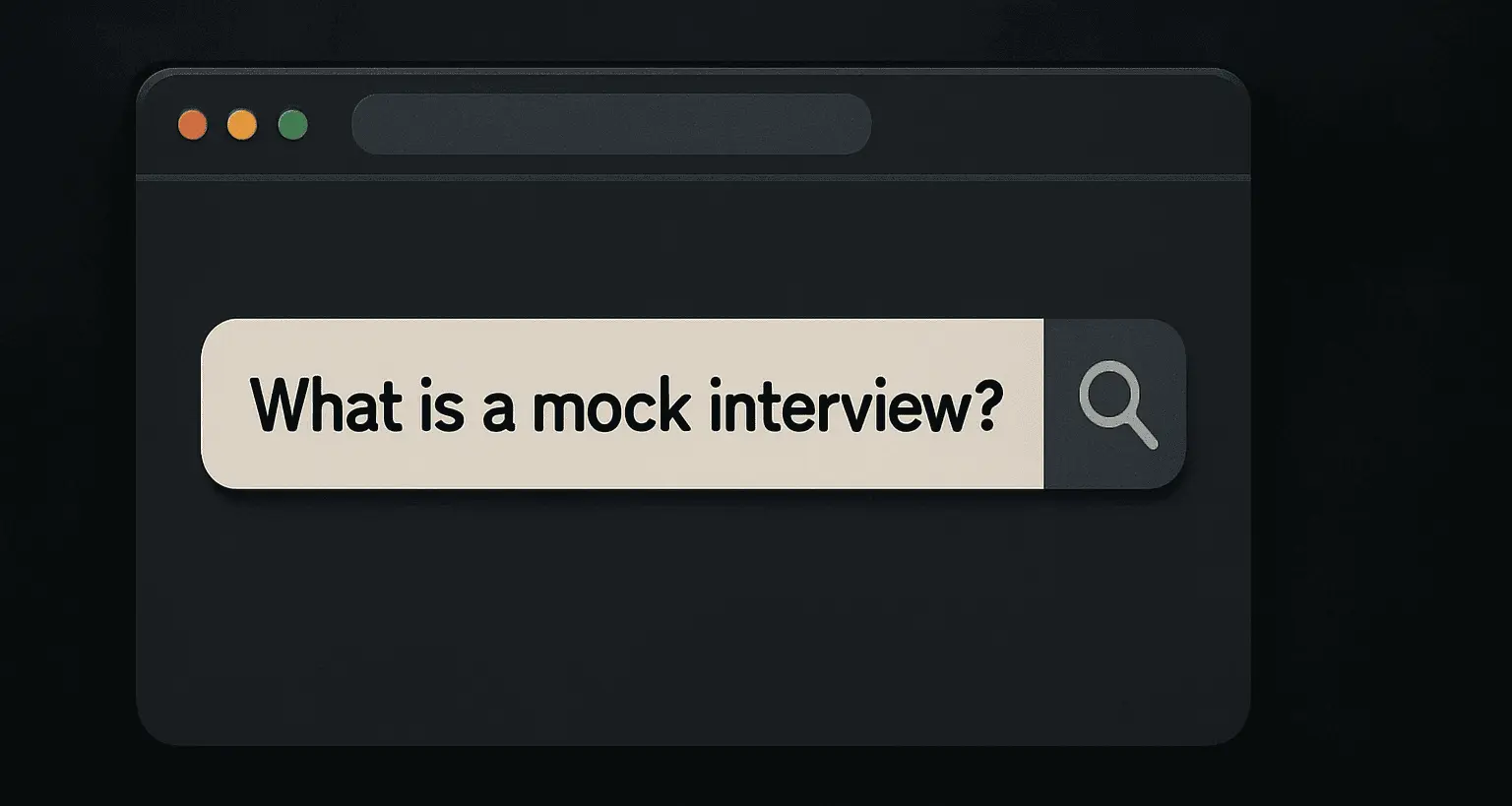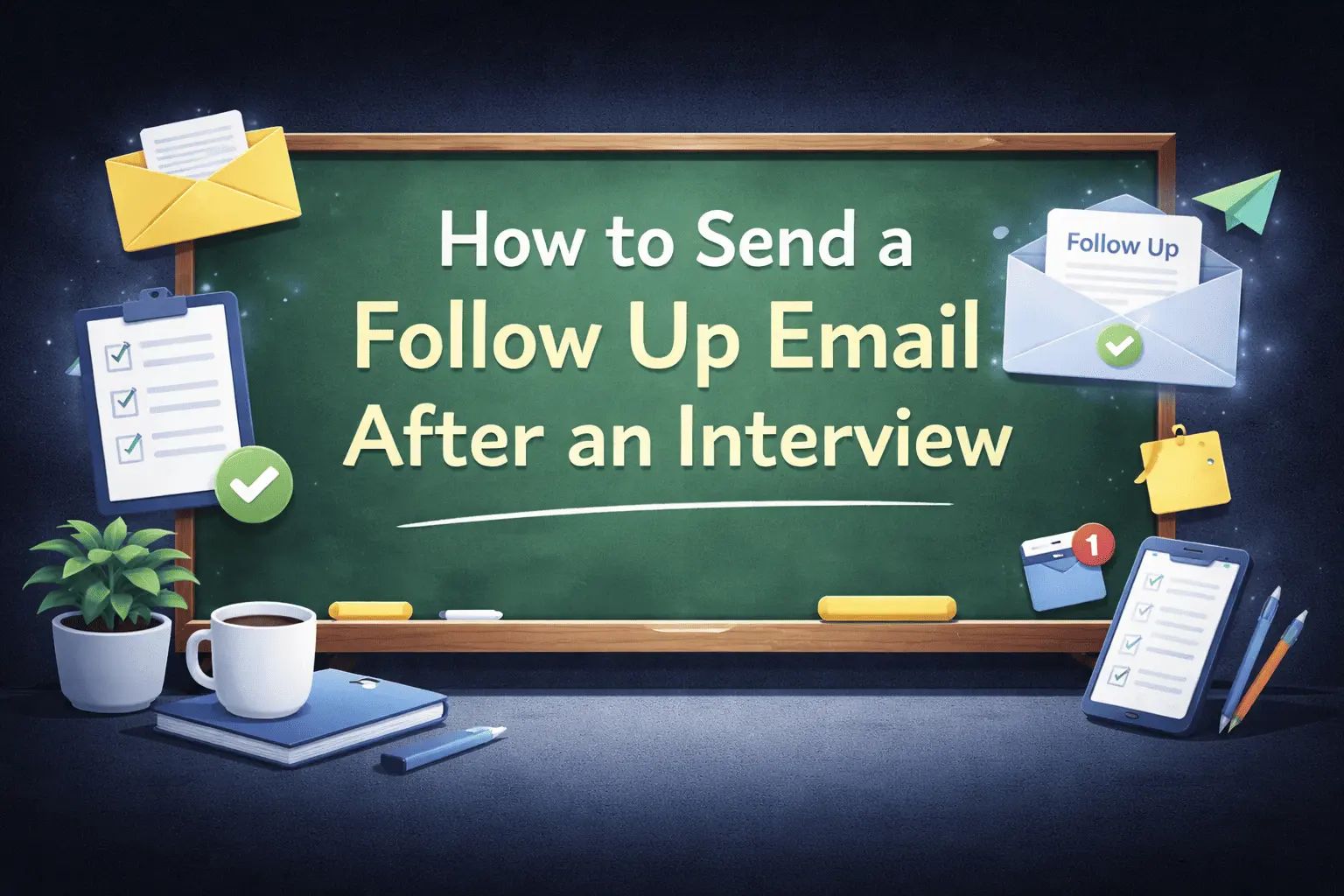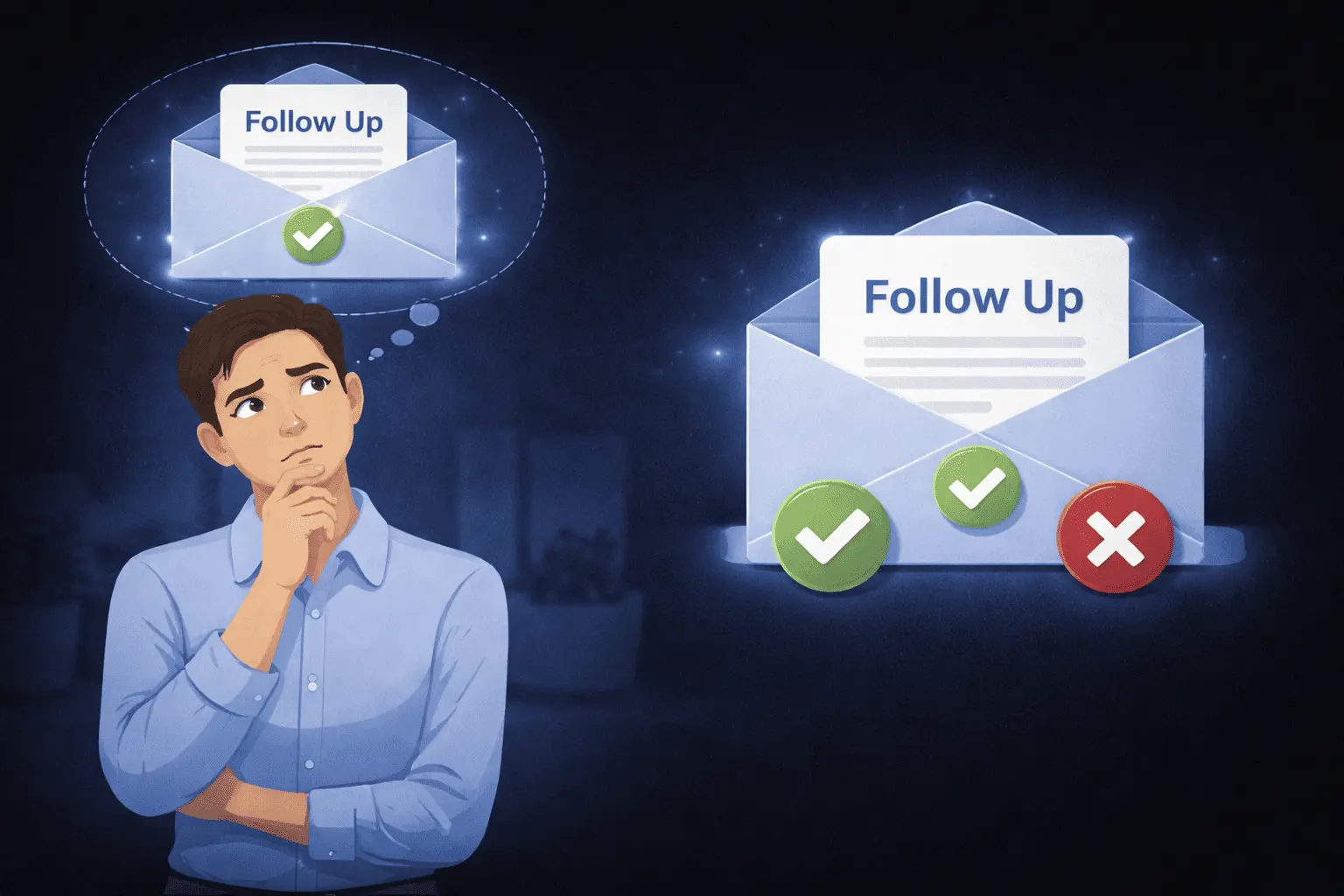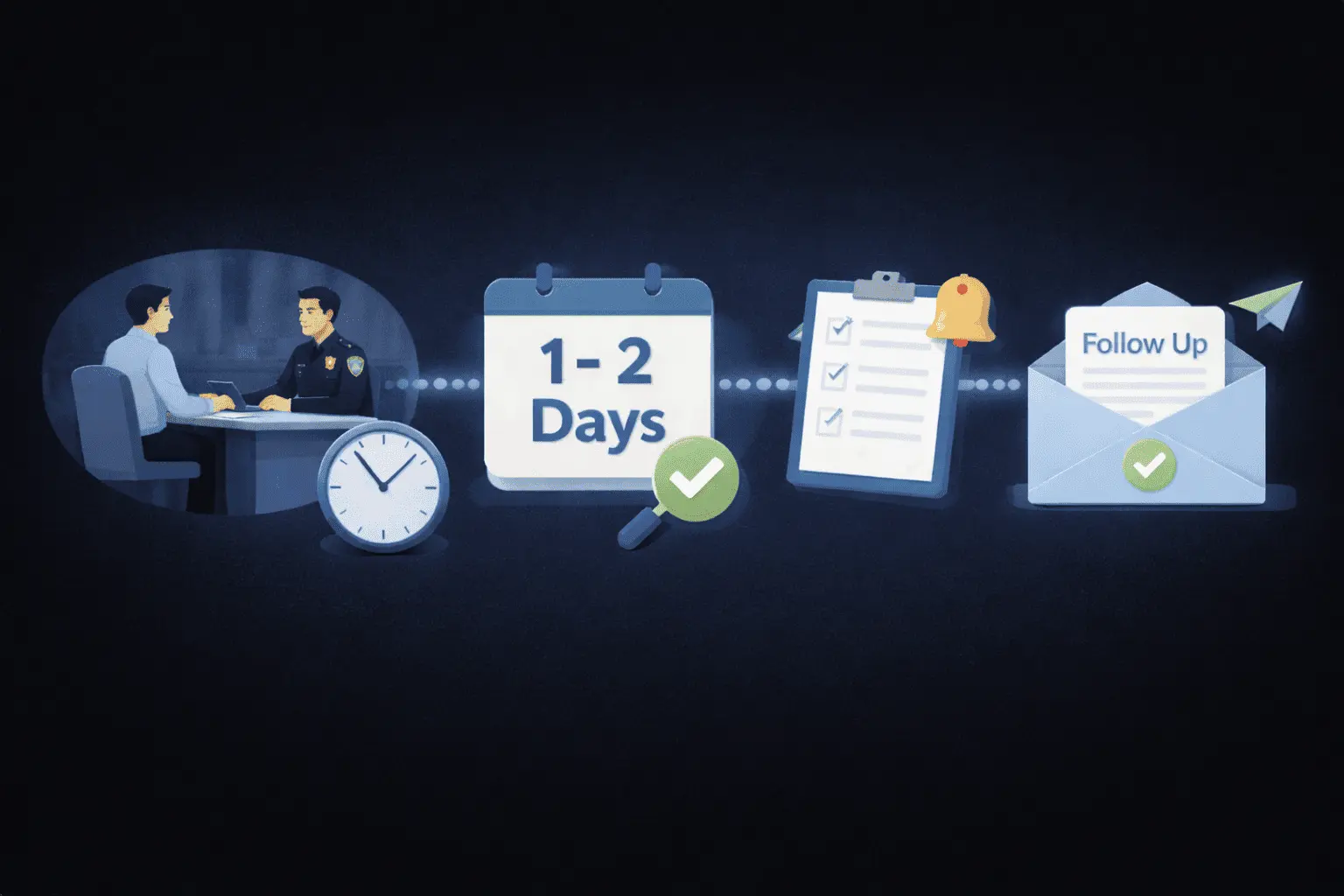What Does Mock Interview Mean?
When job seekers hear the term "mock interview," many wonder about the mock interview meaning. Simply put, a mock interview is a practice session designed to simulate a real job interview. It allows candidates to rehearse their responses, improve their communication skills, and gain confidence before facing actual hiring managers.
Understanding the mock interview meaning is crucial for anyone preparing for job applications. These practice sessions help you identify areas for improvement, refine your answers, and reduce anxiety associated with real interviews. Whether conducted by a career coach, mentor, or through an AI-powered platform, mock interviews provide valuable feedback that can significantly enhance your interview performance. Check out our guide on what mock interviews are for a deeper dive into different formats and strategies.
The Core Definition of Mock Interview
At its essence, the mock interview meaning refers to a structured practice interview that mimics the format, questions, and environment of an actual job interview. Unlike casual practice conversations, mock interviews follow a professional structure and often include detailed feedback on your performance.
The term "mock" comes from the idea of creating a simulated or practice version of something real. In this context, it means creating a realistic interview experience without the high stakes of an actual job opportunity. This allows candidates to make mistakes, learn from them, and improve without negative consequences.
Why Understanding Mock Interview Meaning Matters
Grasping what mock interviews truly are helps job seekers recognize the value of practice interviews. Many candidates underestimate the importance of preparation, assuming their natural communication skills will be sufficient. However, interviews require specific techniques, structured responses, and the ability to handle unexpected questions under pressure.
When you understand what these practice sessions entail, you realize that they're not just about answering questions correctly. They're about developing a comprehensive skill set that includes verbal communication, body language awareness, time management, and the ability to think on your feet.
Key Components of a Mock Interview
To fully appreciate what these practice sessions offer, it's important to understand what makes them effective. A well-structured mock interview typically includes several key components:
- Realistic Questions: The interviewer asks questions similar to those you'd encounter in a real interview, including behavioral, situational, and technical questions relevant to your field.
- Professional Environment: The setting mimics a real interview space, whether in-person or virtual, to help you practice in conditions similar to the actual event.
- Structured Format: Mock interviews follow a typical interview structure, including introductions, main questions, and closing discussions.
- Detailed Feedback: After the session, you receive constructive feedback on your answers, communication style, body language, and overall performance.
- Performance Analysis: Many modern mock interviews, especially AI-powered ones, provide data-driven insights into your speaking pace, clarity, and response quality.
Types of Mock Interviews
Mock interviews come in various formats, each offering unique benefits. Understanding these different types helps you choose the best option for your needs:
- Traditional Mock Interviews: Conducted by career coaches, mentors, or experienced professionals who provide human feedback and personalized guidance.
- Peer Mock Interviews: Practice sessions with friends, colleagues, or fellow job seekers who can offer support and basic feedback.
- AI-Powered Mock Interviews: Technology-driven practice sessions that use artificial intelligence to analyze your responses, tone, and communication patterns.
- Video Mock Interviews: Remote practice sessions conducted via video conferencing platforms, simulating modern virtual interview environments.
- Panel Mock Interviews: Practice sessions with multiple interviewers, ideal for preparing for executive or senior-level positions.
The Evolution of Mock Interview Meaning
The concept of mock interviews has evolved significantly over the years. Traditionally, these practice sessions were primarily conducted in person with career counselors or mentors. However, technology has transformed how candidates practice and prepare for interviews.
Today, modern mock interviews include AI-powered platforms that offer 24/7 access to practice sessions, instant feedback, and detailed performance analytics. These technological advances make interview preparation more accessible, affordable, and convenient for job seekers at all levels.
Benefits of Understanding Mock Interview Meaning
When you fully understand what mock interviews are, you can leverage these practice sessions more effectively. The benefits extend far beyond simply answering questions:
- Reduced Anxiety: Familiarity with the interview process reduces nervousness and helps you perform more confidently.
- Improved Communication: Regular practice helps you articulate your thoughts more clearly and concisely.
- Better Preparation: Mock interviews reveal areas where you need more preparation, allowing you to address weaknesses before real interviews.
- Enhanced Self-Awareness: Feedback from mock interviews helps you understand how others perceive your communication style and presentation.
- Increased Confidence: Successfully completing mock interviews builds confidence that translates to better performance in real interviews.
How to Make the Most of Mock Interviews
Understanding what mock interviews are is just the first step. To maximize the value of these practice sessions, you need to approach them strategically:
- Treat It Seriously: Approach mock interviews with the same professionalism and preparation you would for real interviews.
- Choose Relevant Scenarios: Select mock interviews that match the type of position and company you're targeting.
- Be Open to Feedback: Accept constructive criticism and use it to improve your performance.
- Practice Regularly: Consistent practice helps you maintain and improve your interview skills over time.
- Focus on Weak Areas: Use feedback to identify and work on specific areas that need improvement.
- Record and Review: If possible, record your mock interviews to review your performance and identify patterns.
- Vary Your Practice: Try different types of mock interviews to prepare for various interview formats and styles.
Common Misconceptions About Mock Interviews
Some people misunderstand what mock interviews are, leading to misconceptions that prevent them from benefiting fully. Let's clarify some common misunderstandings:
- Mock Interviews Are Only for Beginners: Even experienced professionals benefit from mock interviews, especially when transitioning to new roles or industries.
- They're Not Realistic: Well-structured mock interviews can be highly realistic, especially when conducted by experienced professionals or advanced AI systems.
- One Session Is Enough: Regular practice is essential for maintaining and improving interview skills over time.
- They're Only for Technical Roles: Mock interviews are valuable for all types of positions, from entry-level to executive roles.
- Feedback Is Always Negative: Good mock interviews provide balanced feedback, highlighting both strengths and areas for improvement.
The Role of Technology in Modern Mock Interviews
Technology has expanded what mock interviews can offer significantly. AI-powered platforms now provide sophisticated analysis that goes beyond what traditional practice sessions can provide. These systems can analyze:
- Speaking pace and clarity
- Use of filler words and pauses
- Response structure and organization
- Keyword usage and relevance
- Emotional tone and confidence levels
- Time management and response length
This technological advancement makes practice interviews more comprehensive, offering data-driven insights that help candidates improve specific aspects of their performance.
Preparing for Your First Mock Interview
If you're new to the concept, understanding what these practice sessions involve helps you prepare effectively. Here's how to get started:
- Research the company and role you're targeting to make your practice more relevant.
- Prepare answers to common interview questions, but avoid memorizing them word-for-word.
- Dress professionally, even for virtual mock interviews, to simulate real conditions.
- Choose a quiet, distraction-free environment for your practice session.
- Have your resume and any relevant documents ready for reference.
- Set specific goals for what you want to improve during the session.
- Be ready to receive and act on feedback constructively.
Measuring Success in Mock Interviews
Understanding how to measure your progress is crucial for getting the most from practice sessions. Success in mock interviews isn't just about answering questions correctly—it's about demonstrating improvement over time:
- Improved Confidence: You should feel more comfortable and less anxious with each practice session.
- Better Response Quality: Your answers should become more structured, relevant, and compelling.
- Reduced Filler Words: Practice should help you speak more clearly and confidently.
- Stronger Body Language: You should demonstrate better posture, eye contact, and professional presence.
- Faster Response Time: With practice, you should be able to formulate thoughtful answers more quickly.
Integrating Mock Interviews into Your Job Search Strategy
Practice interviews become most valuable when integrated into a comprehensive job search strategy. Don't treat mock interviews as isolated practice sessions—make them part of your ongoing preparation:
- Schedule regular mock interviews throughout your job search, not just before specific interviews.
- Use feedback from mock interviews to update your resume, cover letter, and professional narrative.
- Practice for different types of interviews: phone screens, video interviews, panel interviews, and technical assessments.
- Track your progress over time to identify patterns and measure improvement.
- Combine mock interviews with other preparation methods, such as researching companies and networking.
The Future of Mock Interviews
As technology continues to advance, practice interviews will likely evolve further. We can expect to see:
- More sophisticated AI that can simulate various interviewer personalities and styles
- Enhanced virtual reality experiences that create even more realistic interview environments
- Integration with job application platforms for seamless practice opportunities
- More personalized feedback based on industry-specific requirements
- Real-time coaching and suggestions during practice sessions
Final Thoughts on Mock Interview Meaning
Understanding the mock interview meaning is essential for anyone serious about interview preparation. These practice sessions offer a safe space to improve your skills, receive feedback, and build confidence before facing real hiring managers.
The value of mock interviews extends beyond simple practice—it represents an investment in your career development. By regularly engaging in these practice sessions, you're not just preparing for your next interview; you're developing communication skills, self-awareness, and professional confidence that will serve you throughout your career.
Whether you choose traditional coaching, peer practice, or AI-powered platforms, the key is to start practicing regularly. For those looking for convenient, accessible practice opportunities, platforms like getmockinterview offer AI-powered mock interviews that provide detailed feedback and help you improve your interview skills at your own pace.
Remember, the mock interview meaning is about growth and improvement. Every practice session is an opportunity to become a better communicator, a more confident candidate, and ultimately, a more successful job seeker.

